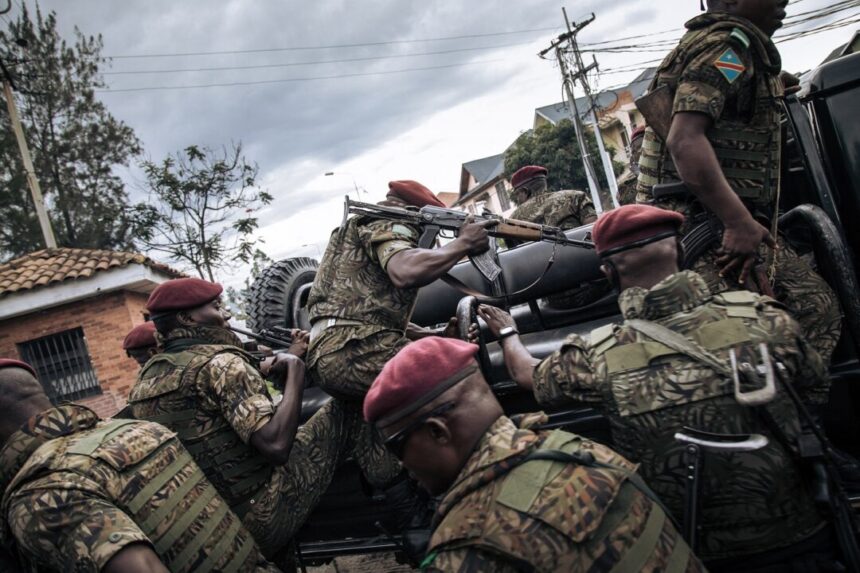The truce, agreed upon by both conflicting parties, is scheduled to commence at midnight on July 5 and extend until July 19, according to White House National Security Council (NSC) spokesperson Adrienne Watson.
Both sides have committed to refraining from using weapons and facilitating the voluntary return of displaced individuals, she added.
In addition, government troops and M23 rebels have pledged to grant humanitarian aid workers “unrestricted access” to vulnerable populations.
The truce specifically covers areas of conflict that most impact civilian communities, the White House emphasized.
The temporary halt in hostilities comes as the humanitarian crisis in North Kivu—a province bordering Lake Kivu in eastern DRC, plagued by M23 insurgency and other militia violence for over two years—continues to worsen.
The persistent threat of natural disasters like heavy rains, landslides, and floods has further complicated the situation, according to the UN.
“The recent escalation of hostilities in North Kivu has hindered humanitarian efforts to reach hundreds of thousands of internally displaced people around Kanyabayonga and forced over 100,000 individuals out of their homes,” stated NSC spokesperson Ms. Watson.
Truce Will ‘Ease Suffering of Vulnerable Populations’
Rwanda has consistently accused the Congo of supporting and fighting alongside the Democratic Forces for the Liberation of Rwanda (FDLR), a Hutu armed rebel group. The FDLR has targeted the Tutsi ethnic group in both nations.
M23 asserts that it is fighting to safeguard Tutsis from groups like the FDLR.
The governments of DRC and Rwanda have both endorsed the truce “to alleviate the suffering of vulnerable populations and create conditions for a broader reduction of tensions in eastern DRC,” Ms. Watson explained.
The United States, which has previously called on both DRC and Rwanda to de-escalate tensions amid a deteriorating humanitarian crisis, now urges all parties to “respect the spirit of the truce before its implementation.”
“The U.S. Government will continue to utilize its intelligence and diplomatic resources to monitor the activities of armed forces and non-state armed groups during the humanitarian truce,” concluded the White House NSC spokesperson.
“We reiterate our support for regional diplomatic initiatives aimed at finding lasting solutions and achieving enduring peace for the long-suffering communities of eastern DRC,” the department affirmed.
Reuters contributed to this report.








